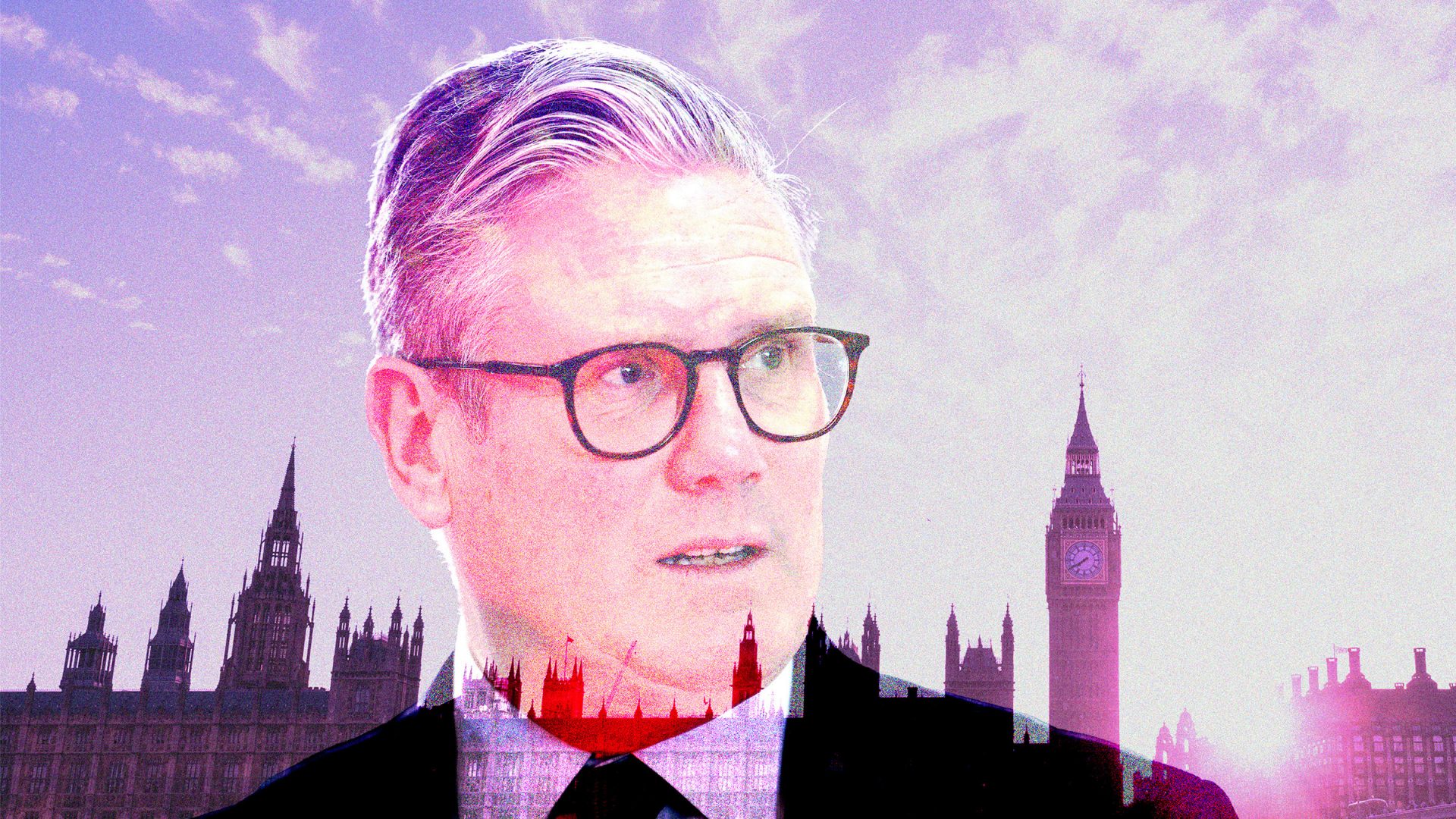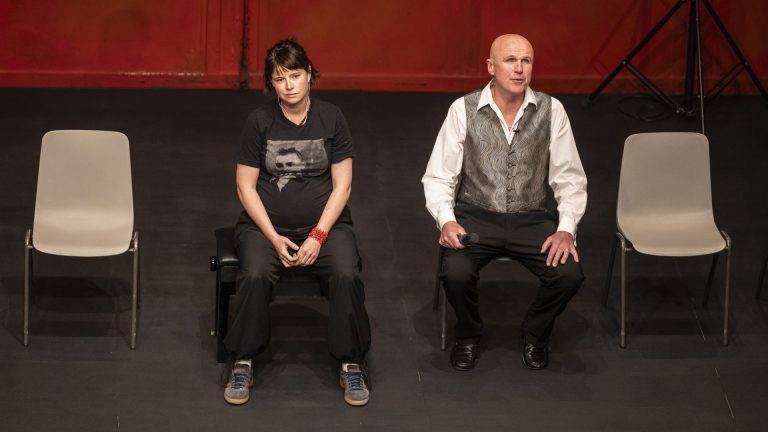Two trade deals, four interest rate cuts, great British names like Jaguar Land Rover, British Steel and Rolls Royce saved from swingeing tariffs… and all Keir Starmer has got from it so far is a kick in the teeth from polls which show Reform surging to 29%.
When it comes to trade the government’s achievements are impressive. Instead of a grandstanding face-off, Starmer chose to approach Donald Trump’s tariff war as a geostrategic challenge – a subset of the wider problem, which is keeping America invested in the defence of Europe. As a result, we get steel, automobiles and turbine engines exempted from Trump’s import shutdown.
With India, to the fury of the far right, Labour again managed the trade-offs deftly – again with an eye to keeping the world’s fastest rising economy oriented to the West and not to Russia.
But though the government may be tempted to sell these successes as “green shoots”, they may unfortunately be the equivalent of grabbing a life-jacket before the boat goes over.
Because global growth is falling, global trade is in a state of shock, and geopolitics will get worse before they get better.
Trump’s decision to walk away from collective security in Europe, and to treat America’s allies as trade adversaries, signalled the start of a zero-sum game between great powers. For the foreseeable future, America, China and Europe will be fighting over what meagre growth can be generated, while the US approach to global security will be strictly transactional.
It is credit to the maturity and experience of the British state machine – both at the political level and the civil service – that it has understood the new situation and adjusted fast.
But the population has not adjusted. On the right, they’ve been fed stories of British greatness and supremacy for so long that, when the UK signs a trade deal with India – a country of 1.4 billion people – all they can think about is whether some of the finest software engineers in the world will “come over here” with the same double-taxation breaks as everyone else.
Labour’s Jonathan Reynolds had it right, when he said of Kemi Badenoch: “They don’t want trade with India… they don’t want trade with the US, she’s saying that today. They don’t like the European Union, they don’t like China: I mean, who do they want to do trade and business with?”
Sadly, for many deluded Reform voters the answer is: nobody. They’re too busy swapping AI-generated images of British Lions or Roman Empire scenes on Facebook, and slandering entire communities of ethnic minority Brits.
On the left, the mood among progressive voters is sullen incomprehension. Labour, they say, is walking away from net zero, or “promoting genocide” in Gaza, or “the same as the Tories”. They want “welfare not warfare” – in a country whose debts risk ballooning to the point where neither welfare nor warfare are affordable.
Suggested read: How the Tory party can survive political extinction
On both the left and right, the inability of mainstream politics to deliver on these dreams is threatening to create a four- or even five-party political system which could, on a bad day, deliver political power to Nigel Farage.
For progressives of the centre and the left, our strategy must begin from the realisation that there is a “time value” to being right.
Starmer was right to deal transactionally with both Trump and Modi; he is right to reframe Labour’s growth mission around security and defence, recasting green energy as an issue of security, not just climate. If he can deliver – in the teeth of opprobrium from Farage – an enhanced trade and security agreement with Europe, that will add more air to the metaphoric life-jacket for the coming storms.
But there are tougher decisions yet to come. For as long as most of us can remember, social democracy and liberalism in Britain have been positive-sum projects. When the economy grows, we redistribute wealth is the basic offer. Labour’s original ‘five missions’ project was a classic example of such thinking.
But in a zero-sum world you need different answers. When growth is sluggish, and the money to invest in more homes, schools and GP surgeries is not there, it is legitimate for people to ask: why do we need more economic migrants?
Likewise, it is entirely legitimate for people to demand the government spends more, not less, on pensions, universal credit and disability benefits – so long as they realise that money will be coming from the schools and healthcare budgets, not defence spending, which is puny.
When I meet dedicated racists, I see them as zero-sum thinkers in a positive-sum world – people who just cannot see the benefit of openness, comparative advantage and diversity. But in a zero-sum world, where my success depends on your failure – and vice versa – the arguments of progressives have to be recalibrated.
To pay for the services we want, we are going to have to tax wealth more. To maintain public consent for the kind of immigration we need, we are going to have to limit the kind of immigration we don’t need. To defend ourselves in a deeply threatening global situation, we have to rearm – if necessary at the cost of cancelling stuff we might have done in a nicer and more peaceful world.
Starmer’s unpopularity stems from the fact that he is the only political leader who has even begun to adapt to these new realities. But that unhappy position is the only one from which he can begin to drag the voters who’ve deserted him back into a reality-based political conversation.











